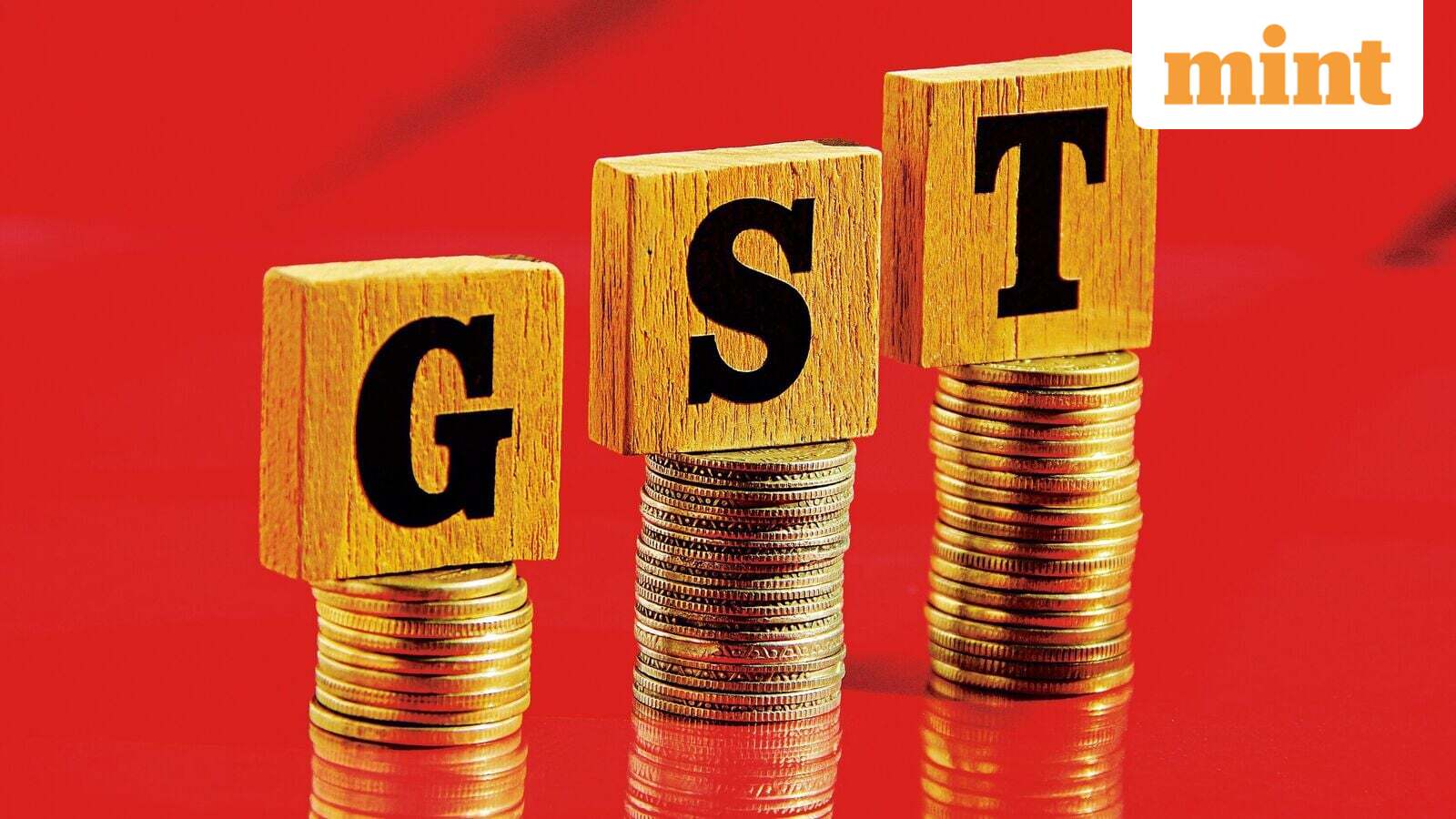Stock market today: The landmark introduction of the Goods and Services Tax (GST) in 2017 converted India’s domestic market, fragmented by multiple regional taxes and border checkpoints, into a single entity.
Eight years down the line, the tax regime is undergoing a significant revamp, which takes effect on Monday, 22 September. It is expected to boost India’s biggest growth driver – private final consumption expenditure or household spending. Official estimates suggest it could lead to ₹2 trillion of extra consumption demand.
According to stock market experts, GST 2.0 has the potential to act both as an economic catalyst—by simplifying compliance, lowering costs, freeing up blocked working capital, and boosting consumption—and as a strategic buffer against global tariff shocks at a time when India’s exports are under pressure.
Is GST 2.0 already priced in?
On whether Dalal Street has already discounted the GST reforms or it holds fresh trigger, Nitin Jain, Sr. Research Analyst at Bonanza, said, “The equity markets are unlikely to witness a broad-based rally purely on the GST rollout, as much of its structural impact is already priced in. Investors have long anticipated its benefits—greater tax efficiency, improved compliance, and a unified market—and this has been reflected in the run-up of stocks across logistics, FMCG, and organized retail. That said, the rollout can still trigger fresh momentum in select pockets. Companies expected to benefit from a lower effective tax incidence, such as those in FMCG, consumer durables, e-commerce, and warehousing, may see renewed buying interest. On the flip side, markets may experience short-term volatility if the transition is not smooth.”
“Initial compliance challenges, IT system issues, or working-capital pressures on SMEs could weigh on sentiment, particularly in unorganised-heavy sectors like textiles, building materials, and small-scale manufacturing. Overall, the GST rollout is a structural positive and strengthens the long-term India growth story. But in the near term, its impact is more likely to be sector-and stock-specific rather than a market-wide trigger, with investors focusing on execution and transition challenges,” the Bonanza expert said.
GST 2.0: Stocks to benefit
Expecting the GST reforms to boost the Indian economy and markets in the medium to long-term, Seema Srivastava, Senior Research Analyst at SMC Global Securities, said, “The recent GST reforms are expected to have a significant impact on the capital market and various industries in India. The proposed two-slab GST structure, with rates of 5% and 18%, aims to simplify the tax system and reduce compliance burdens.”
On sectors and stocks that may benefit from GST 2.0, Seema Srivastava of SMC Global Securities listed out the following sectors and related stocks:
– Consumer Goods: Everyday items like toothpaste, talcum powder, and shampoos will see GST rates drop from 18% to 5%, making them more affordable and potentially driving higher sales and revenue growth for companies like Hindustan Unilever and ITC.
– Electronics: TVs and ACs will benefit from a GST rate reduction from 28% to 18%, likely boosting festive season demand and benefiting companies like Voltas and Havells.
– Automobile Sector: Small petrol hybrid cars will see a GST rate cut from 28% to 18%, supporting green mobility and driving growth for companies like Tata Motors and Maruti Suzuki. However, luxury electric vehicles priced above $46,000 will face a GST increase to up to 40%, impacting brands like Tesla and Mercedes-Benz.
– Cement Sector: Cement companies like UltraTech Cement and JK Cement may benefit from reduced GST rates, potentially leading to lower prices and higher demand.
– Retail and Consumer Durables: Companies like Delhivery, Swiggy, and Zomato may see increased volumes and sales due to lower GST rates, while NBFCs like Bajaj Finance could benefit from increased lending in consumer durables.
Disclaimer: The views and recommendations made above are those of individual analysts or broking companies, and not of Mint. We advise investors to check with certified experts before making any investment decisions.
